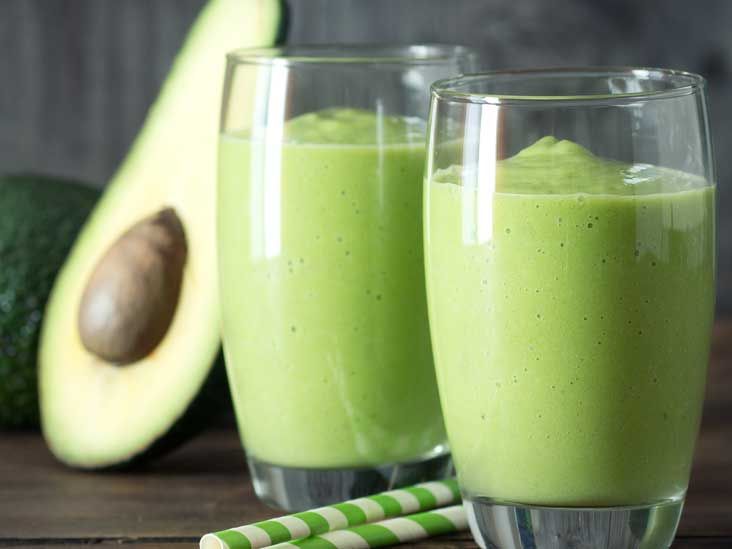Exercise Tips
Essential Fatty Acids in Avocados
The avocado, a fatty tropical fruit known for its buttery texture and mild flavor, is a popular component of healthy cuisine throughout the world. an avocado is an excellent source of essential fatty acids. Those consuming a restricted or vegan diet can benefit from the use of avocado to supply these critical compounds.
Avocado serving is one-fifth of a fruit (30 g), the average consumption is one-half an avocado (68 g), which provides a nutrient and phytochemical dense food consisting of the following: dietary fiber (4.6 g), total sugar (0.2 g), potassium (345 mg), sodium (5.5 mg), magnesium (19.5 mg), vitamin A (43 μg), vitamin C (6.0 mg), vitamin E (1.3 mg), vitamin K1 (14 μg), folate (60 mg), vitamin B-6 (0.2 mg), niacin (1.3 mg), pantothenic acid (1.0 mg), riboflavin (0.1 mg), choline (10 mg), lutein/zeaxanthin (185 μg), phytosterols (57 mg), and high-monounsaturated fatty acids (6.7 g) and 114 kcals or 1.7 kcal/g. The avocado oil consists of 71% monounsaturated fatty acids (MUFA), 13% polyunsaturated fatty acids (PUFA), and 16% saturated fatty acids (SFA), which helps to promote healthy blood lipid profiles and enhance the bioavailability of fat soluble vitamins and phytochemicals from the avocado or other fruits and vegetables, naturally low in fat, which are consumed with avocados. There are eight preliminary clinical studies showing that avocado consumption helps support cardiovascular health. Exploratory studies suggest that avocados may support weight management and healthy aging.
Alpha-Linolenic Acid
One cup serving of avocado contains 253 milligrams of alpha-linolenic acid, an omega-3 fatty acid. This essential fatty acid offers several important benefits for the heart, joints and central nervous system. However, avocados contain a fairly small amount compared to a person’s total need for the compound.
Linoleic Acid
One serving of avocado contains a generous 3886 milligrams of linoleic acid, an omega-6 fatty acid. This essential fatty acid, found in most high-fat foods, enables many essential functions within the human body. However, nutritionists warn that most Americans get too much of this important compound, not too little. Nevertheless, the fats found in avocado are predominantly monounsaturated and present a healthier alternative to cheeses and butters.
Oleic Acid
Avocados contain oleic acid, a monounsaturated omega-9 fatty acid also found in olive oil.
Healthy fat compound can enhance memory and brain activity; early evidence also suggests that it may improve cholesterol levels.

